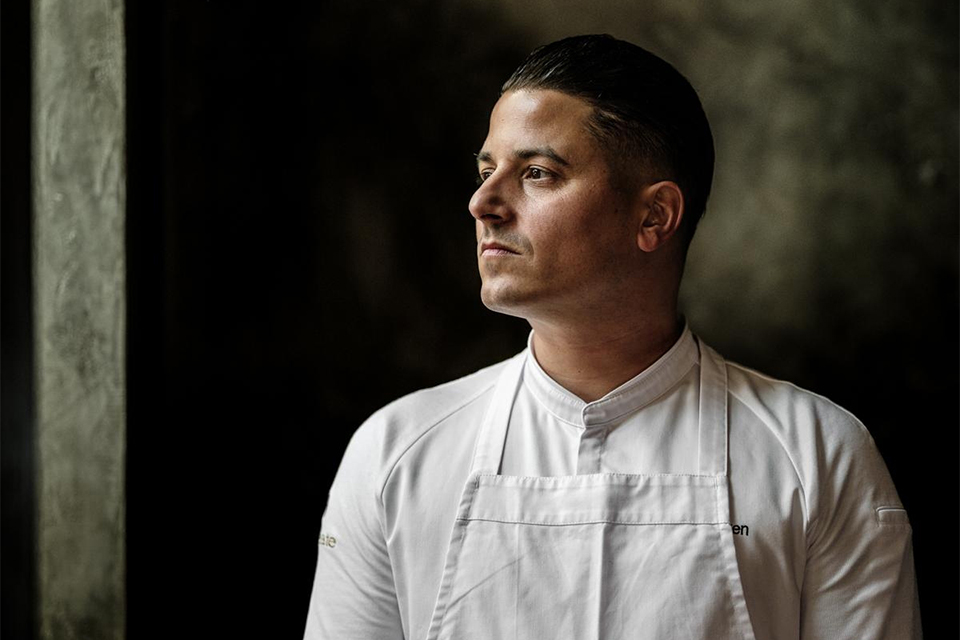
Prevent mould for optimum food safety
Although hygiene is paramount in hotel kitchens, mould and bacteria sometimes have free rein in the cold rooms where food is kept. In the worst case, resulting in food poisoning. "This can be prevented by frequent thorough cleaning of the evaporators in the cold rooms," says CEO and co-owner Thierry Desmet of Valor Services Group.
Cold rooms of at least 3 by 3 metres or even bigger. You will find one or more in most professional hotel kitchens. Ideal for storing food, provided you pay the necessary attention to cleaning. Thierry Desmet outlines what causes most problems with these installations: "The doors of cold rooms are often opened and closed, causing considerable temperature fluctuations. Combined with the humid environment of the hotel kitchen, the risk of mould growth is high. Those moulds primarily settle in the evaporator, the component that distributes cool air through the cold room. What we often see is fungi spreading that way throughout the cold room, even into the seams of the doors."
Listeria
When mould and bacteria come into contact with food items stored in a cold store, it can have unpleasant consequences for food safety. "This is why it is mandatory to package these food items properly," Desmet continued, "but in the case of mould, there is always a risk, as not every package is one hundred per cent sealed." According to Desmet, the biggest danger of mould growth in cold rooms is that it allows the dangerous bacterium listeria to spread throughout the hotel kitchen. "This bacterium can cause food infections and is especially dangerous during pregnancy."

Energy saving
To ensure optimal hygiene of cold rooms, Desmet recommends having evaporators thoroughly cleaned and disinfected at least twice a year by a specialised company like Valor Services Group. Desmet: "An evaporator contains many electrical components and moving parts; cleaning them is best left to an expert. Moreover, cleaning by a recognised company provides a certificate that it has been carried out according to HACCP standards."

Periodic cleaning is important not only for reasons of food hygiene and employee health, but also because of energy savings, the CEO clarifies. "Particularly in the aluminium fins in the evaporator, dust and dirt often accumulate. The more mould and dirt there is between those fins, the harder the cooling airflow can pass through them and the more energy it takes to maintain the temperature. Frequent cleaning therefore results in better energy efficiency of the cold store."
Poll season
To remove the hot air in the cold rooms to the outside and draw fresh air in, condensers are mostly located on the hotel roof. These installations also deserve attention, says Desmet. "In condensers, pollution from the outside air often accumulates. If they become full of dust, dirt and leaves, they no longer function optimally and are no longer energy-efficient. Especially during the pollen season, when pollen dust clogs the condensers, it is necessary to clean them thoroughly. This is usually done by blowing them clean with compressed air and then flushing them with water."
Proper hygiene of the refrigeration bins in a hotel kitchen should not be overlooked either, Desmet stresses. "There, we often see mould forming in the shelves. This is why we recommend deep cleaning at least once a year here."
Heeft u vragen over dit artikel, project of product?
Neem dan rechtstreeks contact op met Valor Services Group.
 Contact opnemen
Contact opnemen




